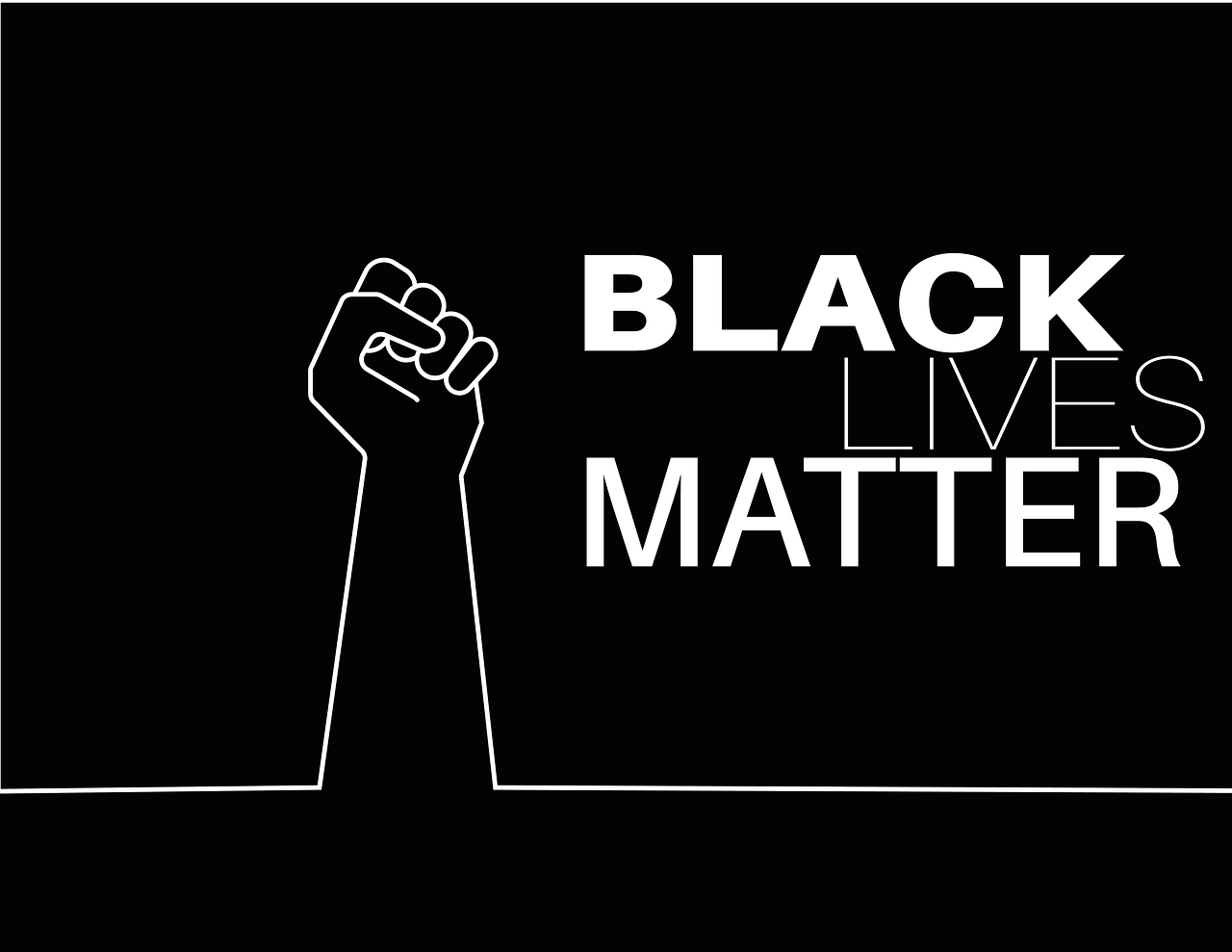Black August: equity. equity. equity.

Responding to: How can cultural grantmaking interrupt institutional and structural racism while building a more just funding ecosystem that prioritizes Black communities, organizations, and artists?
__________________________________________________________________________________________
In William Faulkner’s novel, As I Lay Dying, a young character by the name of Vardaman is allowed to believe that his “mother is a fish,” because no one takes the time to tell him that his mother is dead. Instead he associates what he witnesses with the reality he understands within a highly dysfunctional family. In the novel, he repeats, “fish. fish. fish.” Similarly, I would offer that we are currently operating in a highly dysfunctional philanthropic family. I believe in the potential of our work. I am invigorated working with my colleagues at The Heinz Endowments, and I cherish the etymology of the term “philanthropy.” So, it is only with love I offer that equity is dead.
My vision for the future of philanthropy is for a just field, not an equitable one. That minor linguistic shift could be the key to the field of philanthropy assigning resources to our rhetoric. It is additionally an acknowledgement that a comparative solution – or attempt at equity – is impossible and perhaps an insult. There simply is not enough money and not enough will among the privileged to shift the money that exists in a manner that might possibly prove more equitable.
As stated in a 2017 article published in FAKEQUITY, “Equity is the outcome when race will no longer be a predicator of health, education, income, etc.” Justice feels to me like a more forward moving, action-oriented task required for the aforementioned equitable outcomes that result from seeing “others” as we see ourselves and actively investing in the reversal/re-imagining of systems that will primarily benefit “others.”
As I think of the Declaration of Independence, justice is the work of enforcing the truths that we say we hold to “be self-evident,” without fear of our “right to alter or to abolish…institute” something new when man’s efforts have become “destructive of these ends” and hinder the “safety and happiness” of us all.
Too often, our conversations around “equity” are linked to a comparative notion of that which should be in light of what those in privilege already have. What I envision for a sustaining arts ecology that includes Black and marginalized creatives and cultural workers has not yet been achieved in any manner, anywhere.
Many of the cultural organizations that have been historically privileged face gaping annual deficits, audience development challenges, and a consistent dependency on foundation support. I don’t want to (personally or professional) help to build a repeat of that – if that is equity. Therefore, I am not looking to oppressive systems (or people) to solve, fund or provide solutions because they don’t have them. Money alone will not change the social underpinnings that help to shape and reinforce supremist behaviors.
Radical courage is required to see people, to challenge our biases and to move in ways that feel extremely risky with people we do not know (or more dangerously, think that we DO know). That courage may lead to real truth-telling, trusting relationships and deep and abiding Investments in new artists, efforts and/or organizations because we are in the business of providing opportunities because of our love for all mankind.
As an artist, program officer of a reputable and compassionate foundation, philanthropist (with my meager personal resources) and Black woman, I invoke the title of Nas’ eighth album release and repeat – equity is dead.
In closing, I would remind everyone to keep their masks on. Not only the physical masks that we need to wear for public safety, but also the masks that we wear in our field, for safety. If those in power remain more concerned with how to manage the effect of our decisions on the historically privileged above how we might best support those suffering from the incessant injustice of our decisions, we will continue to suffer grave losses. Until philanthropy is prepared to accept the death of philanthropy as we knew it, some of us must continue to don a mask that "hides our cheeks and shades our eyes" as we “let the world dream otherwise” as Paul Laurence Dunbar wrote.
Shaunda McDill is program officer, Arts & Culture, at The Heinz Endowments.
Image: Alexandra_Koch / Pixabay
